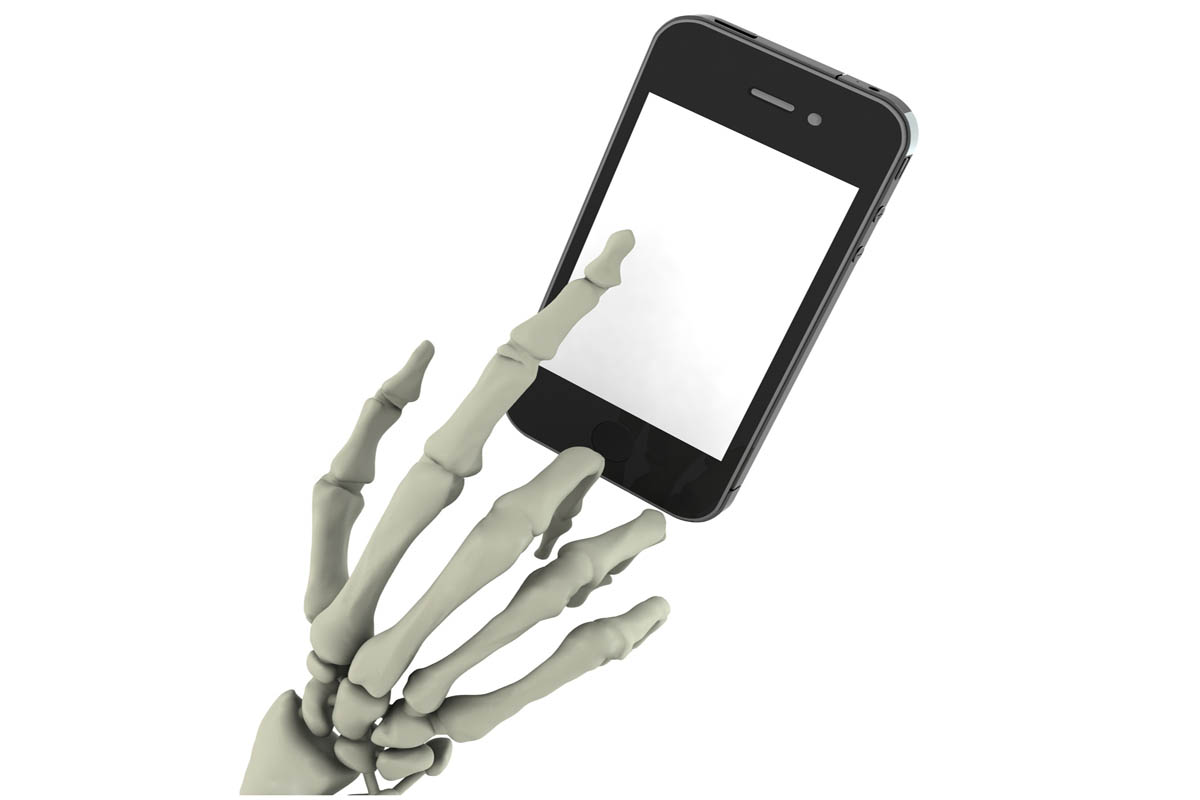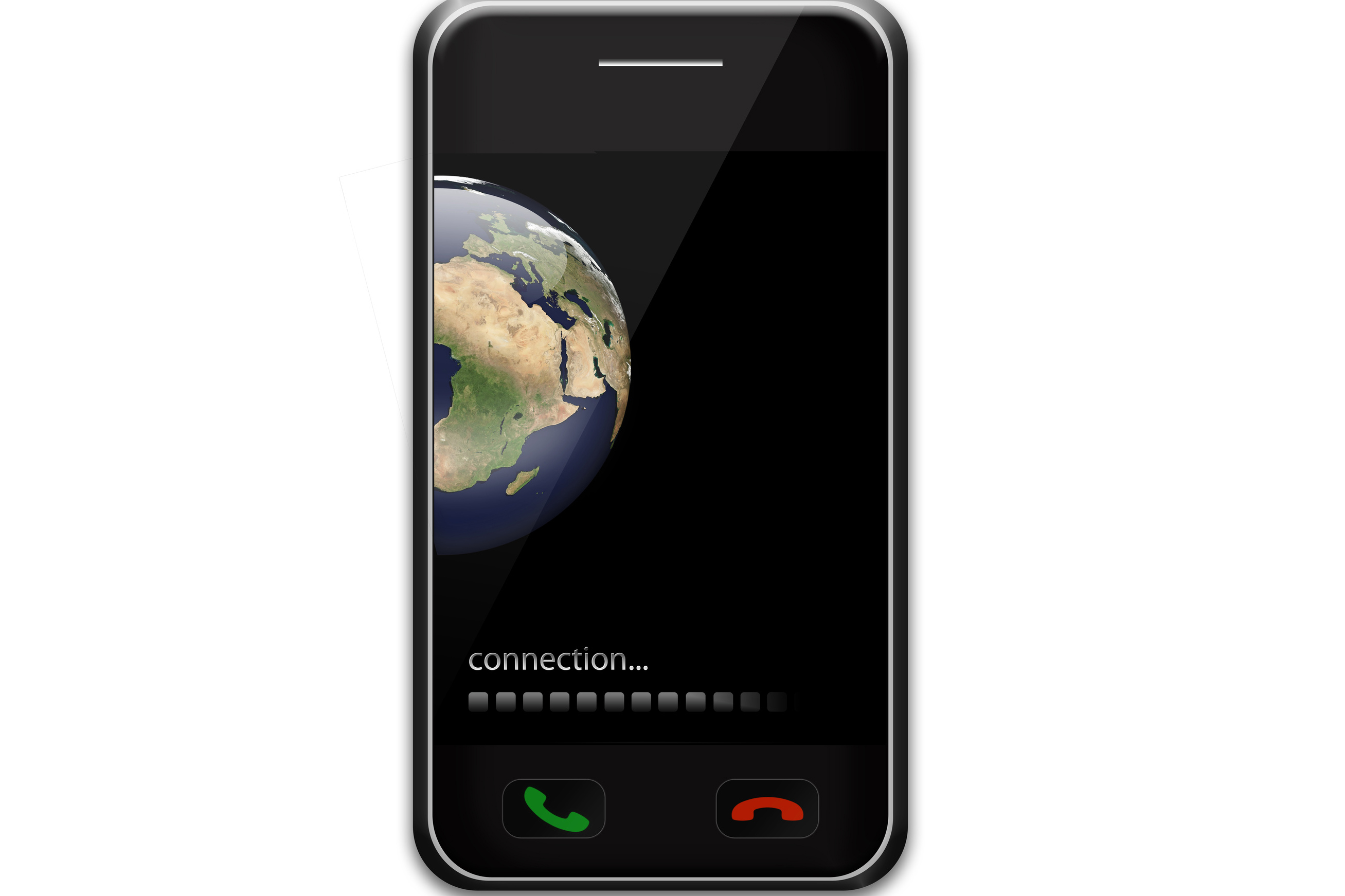Ofcom survey sheds light on popularity of mobile devices
The number of UK households using tablets and smartphones has risen sharply over last 12 months, research shows.

Smartphone and tablet ownership has rapidly increased over the past 12 months in the UK, Ofcom has revealed.
The regulator's research shows 39 per cent of UK adults now own a smartphone, which is 12 percentage points higher than last year's figures.
Thirty-nine per cent of smartphone owners said the device was the main one they used to access the internet, with 42 per cent using them to visit social networking sites and 51 per cent to send emails.
The uptick in smartphone usage has also changed people's shopping habits, the research claims.
For instance, more than half of smartphone owners use their device to take photos of products, make online price comparisons and read reviews.
Tablet ownership has also risen rapidly over the past year. Two per cent of households owned one in 2011 and this figure now stands at 11 per cent.
More than a third of tablet owners said they could not live without their device and 17 per cent said they plan to buy another one this year.
Get the ITPro daily newsletter
Sign up today and you will receive a free copy of our Future Focus 2025 report - the leading guidance on AI, cybersecurity and other IT challenges as per 700+ senior executives
James Thickett, director of research at Ofcom, said the company's findings show that technology users are spending less time talking face-to-face with people.
"Newer forms of communications are emerging which don't require us to talk to each other especially among younger age groups. This trend is set to continue as technology advances and we move further into the digital age," he added.
George Wareing, head of mobile and broadcast at operator Virgin Media Business, said mobile data volumes have increased by 250 per cent over the last two years, as mobile device use has grown.
This is a situation that poses a huge challenge to mobile operators, he added. "There is a delicate balance between customer demand, customer experience and costs.
"Operators need to think about the long-term impact and put in place a strategy that'll make sure customers aren't affected by a potential bottlenecking of services," he added.
-
 Mobile phone operators hike up access charges
Mobile phone operators hike up access chargesNews The price increase affects calls to 084, 087, 09 and 118 numbers
By Rene Millman
-
 Ofcom: UK tops world mobile data usage chart
Ofcom: UK tops world mobile data usage chartNews Survey reveals UK citizens use more mobile data than anyone else.
By Rene Millman
-
 Is the humble phone call dying?
Is the humble phone call dying?In-depth New figures suggest that, for the first time, voice calls are in decline. Is this the start of a long road downhill? Simon Brew takes a look.
By Simon Brew
-
 Landline to mobile costs set for cuts
Landline to mobile costs set for cutsNews The Competition Commission sides with BT and 3 in bringing costs down further and sooner.
By Kellan Howell
-
 ICO claims 'significant progress' in war on spam texts
ICO claims 'significant progress' in war on spam textsNews The watchdog thinks it is close to catching those guilty of spam texting in the UK, after raiding an office in the north of England.
By Tom Brewster
-
 Ofcom claims victory against silent callers
Ofcom claims victory against silent callersNews Fewer people complain of silent or abandoned calls after Ofcom flexes its muscles.
By Tom Brewster
-
 Is the UK really ‘addicted’ to smartphones?
Is the UK really ‘addicted’ to smartphones?News Most adults don't own a smartphone and less than half who do say they aren't 'highly addicted' to them, yet Ofcom claims the UK is hooked on the devices.
By Tom Brewster
-
 Ofcom cuts mobile termination rates
Ofcom cuts mobile termination ratesNews The communications regulator announces plans to dramatically reduce the amount operators can charge one another, leading to consumer cost savings.
By Maggie Holland

